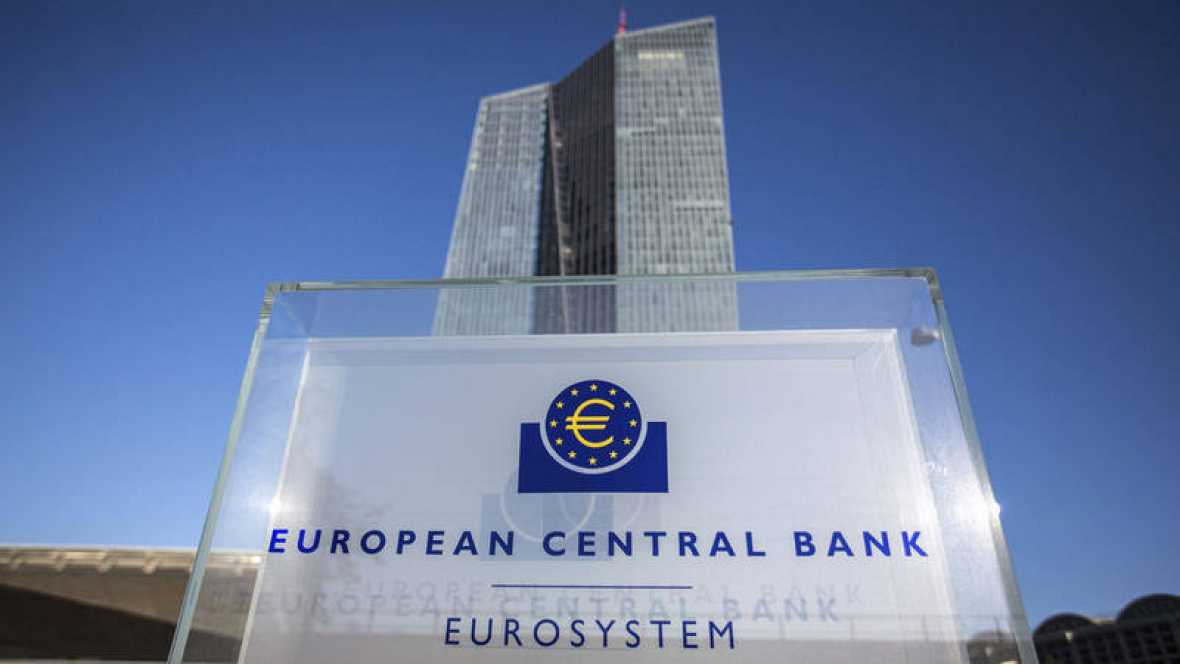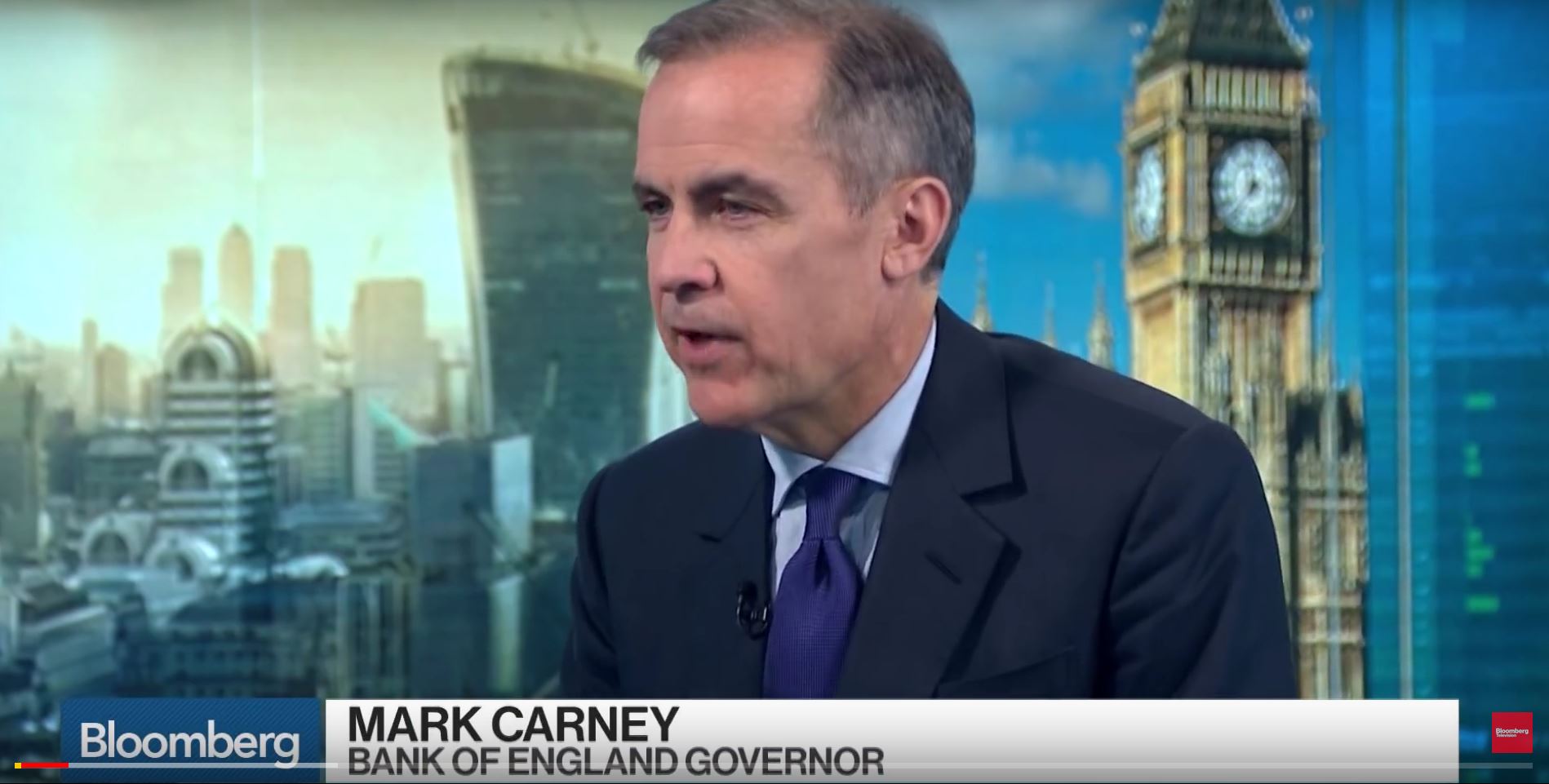The European Central Bank (ECB) has long acknowledged the danger that cryptocurrencies pose. However, in its debate over the validity of Bitcoin, Ether and Litecoin, as well as their less known iterations, the ECB never so much as consider that anything but a volatile course may be the root of all evil.
In a recent interview for Börsen Zeitung, ECB Member of the Executive Board Yves Mersch, argued that while the use of cryptocurrencies by individuals is not in itself a threat to the world’s financial stability, adopting the technology on a massive scale, could be disastrous.
Well, Mr Yves has joined a chorus of other doomsayers. At the recently concluded Davos International Economic Forum, leaders agreed that the upcoming G20 meeting in March should focus largely on cryptocurrencies and their adopting.
A new age for cryptocurrencies promised, Japan’s Coinlink flounders
Just when things looked promising, although rather fraught, a new mishap was added to the woes of the crypto markets. On Friday, Japan’s largest crypto exchange, Coincheck, was hit by a massive hacker attack, which picked it clean from 532 million worth of NEM.
An unprecedented development, which panicked customers and forced them to withdraw additional NEM200 million on top of the stolen ones. Coincheck was quick to move in and discontinue withdrawals temporarily, much to the defiance of owners. This has hardly been the first open attack on a cryptocurrency exchange, however. Earlier, South Korean exchange Coinlink was emptied of millions worth of cryptocurrency.
Making sense of the hackers attacks of late
Apparently, our banking system and regulators have matured enough to investigate further and seek a way to deal with cryptocurrencies. However, the frivolous spurt that drives cryptocurrencies is in itself undermining.
Even though bodies such as the ECB and the US Federal Reserve System are now pushing for stronger regulation and an open dialogue about the future of the cryptocurrencies, the discussion’s emphasis may be now shifted.
Instead of finding a working way to adopt these currencies, watchdogs may now have to effectively look how to curb criminals.
If this is news to you, then you will be flabbergasted to find out that 49% of all operations carried out in Bitcoin indeed originate from criminal sources. With the recent snags in the world of cryptocurrencies, things look even more different today.
Meanwhile, Deutsche Bundesbank Executive Board Member Andreas Dombret spoke to the German Die Welt. Mr Dombret expressed concerns about the speculative bubble, created by the cryptocurrencies. In the medium and long term, such bubbles can endanger financial stability, he opinioned. Bitcoins and other cryptocurrencies are highly speculative investments, Mr Dombret noted.
Watchdogs emboldened
If anyone doubts that watchdogs and governments will go after the private operators in the world of cryptocurrency, hold on to that though. Rather, look to China and South Korea.
Much of the western world has been slow to respond to the rise of cryptocurrencies, but nowhere else has the adoption of those pieces of currency been larger than in Asia.
What we can expect to follow from now moving forward is tightening of the screws, but even then central banks ought to be careful. Much of the reason why private operators are failing to secure the customers’ assets properly is because they have busy fending of regulators.
Which poses a new slew of questions – should cryptocurrency exchanges be shut down? Should operators such as Coinlink and Coincheck agree to work closer with the established financial order at the expense of autonomy? And should financial organs stop seeking for a compromise if an agreement proves too difficult?
The answers are not pleasing, but sobering
We believe that cryptocurrency exchanges should work closer with governments and be prepared to sacrifice some of their sovereignty. Repeatedly crypto exchanges have proven the victim of things that some mainstream institutions, including banks have been able to overcome.
However, regulators must not be emboldened to subjugate exchanges. No, instead they should offer an equal partnership and seek to consolidate the link between fiat currencies and cryptocurrencies while introducing a set of rules to guarantee everybody’s safety.
And no, on the offchance that an agreement proves too difficult, mainstream institutions such as the International Monetary Fund and the World Bank should continue to try and drive a legislation that does not prove too restrictive.
As the East’s financial power mount unbridled, westerners will once again have to step up and try to lay the groundworks for a meaningful future of finance. However, this time around, they will not be allowed to pivot it around their own self-interest.
Jan 27, 2018
Cryptocurrencies and ECB Caution, caution, caution



Comments (No)